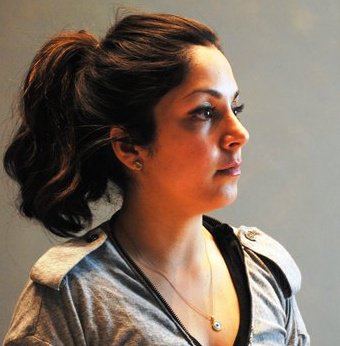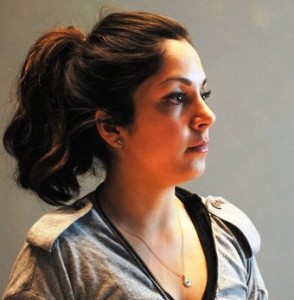In the age of fast-talking, has come some fast writing. In the past, reporters who had as much time as they needed to look at a brewing situation in Lebanon/Egypt/the Mongolian Steppe, today have to be the Beirut/Cairo/de-facto-capital-of-the-Mongolian-steppe-based voice for the New York Times/The Daily Beast/Al-Monitor on everything under the sun in Libya, Tunisia, Syria and Egypt.
Some of them are professional opinion-makers guaranteed to deliver you a line on men, women and children, anywhere from Malaysia to Oman on demand from anywhere from London to Sydney, at a properly-worded-tweet’s notice.
Others are professional story framers. Their job is to make sure you never lose sight of: Israel/Palestine and the futility of it all in any given crisis.
While most media companies are finding themselves strapped to keep a team in the destinations of their choice, they are simultaneously forced to rely on the opinion-makers and issue-framers to fill in the empty-pages.
And boy, those framers and opinion-makers can’t be beat: they are ready to produce and will do it for free in exchange for the credibility that comes with being printed on the pages of Foreign Policy/Washington Post Magazine/New York Times Sports Section .
It’s all fine, except if the Beirut/Cairo/Baghdad-based bureau chief, who has to fight to keep his copy sexy enough to live to fight another day, is competing for space with the professional framers and opinion-makers.
Bureau chiefs like Tim Arango in Baghdad are under pressure to produce more print/video/photography/tweets and on everything within or beyond their reach from Istanbul to Sana’a. And if we the reader find the tedium of accuracy too dull we will click over to Deadspin instead.
They are also expected to use freelancers and local citizen journalists without the protection or insurance afforded to their senior reporters. So it’s on them if anything goes wrong and it’s on the company when things go right.
Consider the case of Syria. In the absence of support for reporters and photographers to safely cover the conflict, an op-ed by Thomas Friedman has emerged as one of the most widely shared pieces to click on and sit-back with the popcorn and read, not for its profundity but for its flaws. I don’t need to read it to even begin to imagine what went wrong, but I will because it’s entertaining.
We really have become a fickle readership. We’ve got a lot of choices and you’ve got exactly three seconds to tell me, Rod Nordland, why I would want to read about the influx of foreign fighters through Iraq’s now-porous borders into Syria. And I warn you: Don’t give me those 12 acronyms that apply to the Kurds that all begin with P.
Also, I can’t be bothered to try to understand the differences between the Barzani and Talabani leadership and something about Marxist-Leninism. Here is a hint: the likelihood I’ll click ‘share’ is five-fold improved if I see Jihadist in the title or if Romney says something “uninformed” about it or if you tell me that Syria is Iraq.
Who cares if we need to know about how the region has both grown in “freedom” and simultaneously weapons. Accurate is slow. Perception matters and I have everything I need to know about the story from the title: “Sinai is a haven for terrorists.”
Did you hear that? That was the sound of me sharing it without reading it.
As awkwardly popular as it is for journalists to write about themselves, I’m going to do it.
I’m tired of the opinion-makers and framers playing in Tim Arango’s or Yasmine ElRashidi’s sandbox (another journalist who has opted for slow profundity over fast-framing). Actually, I take that back, framers aren’t in anyone’s sandbox, they are in one of those state- of-the-art gymnasiums in San Francisco where there is no feasible way they can harm themselves falling off the slide; they are the in the University of Dartmouth library.
So here is my plea on Syria: go ahead and Google news or hashtag search Syria but remember one thing: sandbox. It’s alliterative, so you can remember it.
Sandbox means picking Ian Pannell’s reporting or Bulent Kilic’s photos over Joan Juliet Buck’s eight-page ‘apology’ or Friedman’s cappuccino froth (can’t maintain its form for long) then imagine me in an old rocking chair shaking my finger at you: journalism is in trouble.



